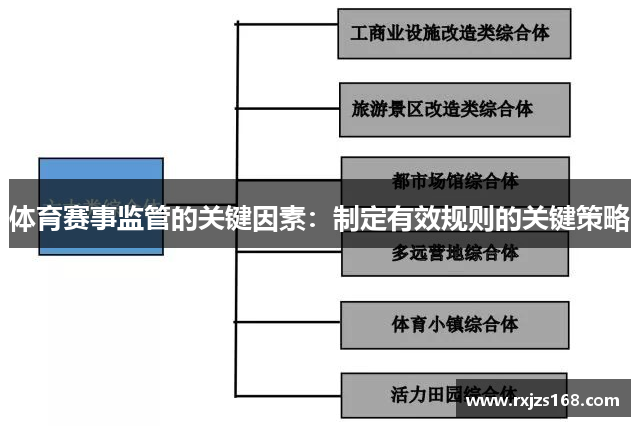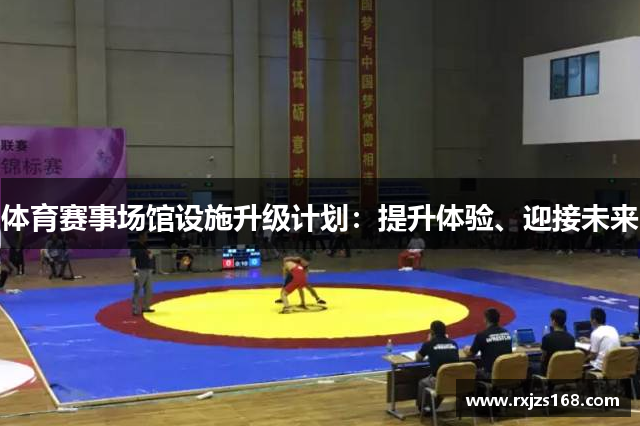体育赛事监管的关键因素:制定有效规则的关键策略
Certainly! Here's the structured article on the key strategies for developing effective rules in sports event regulation.
**Abstract:**
Effective regulation of sports events hinges on the meticulous formulation of rules that ensure fairness, safety, and integrity. This article explores four crucial strategies for developing such rules: clarity and specificity, adaptability to evolving needs, enforcement mechanisms, and stakeholder engagement. Each strategy is examined in depth to illustrate its importance in maintaining the credibility and smooth operation of sporting competitions.
**1、Clarity and Specificity**

Clear and specific rules are fundamental to ensuring fair competition and resolving disputes efficiently. Ambiguous regulations can lead to confusion among athletes, officials, and spectators, undermining the integrity of the sport.
Well-defined rules should outline permissible and prohibited behaviors, technical specifications, and procedures for adjudication. For example, in track and field, rules regarding starting procedures, lane violations, and equipment specifications are meticulously detailed to prevent misunderstandings and maintain uniformity across competitions.
YY易游体育Furthermore, specificity in rules allows for consistent application by officials and reduces the likelihood of contentious decisions. This clarity fosters trust among participants and enhances the overall spectator experience, as everyone understands the criteria by which performances are evaluated and winners determined.
**2、Adaptability to Evolving Needs**
Sports regulations must be adaptable to accommodate technological advancements, societal changes, and emerging trends without compromising their core principles. This flexibility ensures that rules remain relevant and effective in diverse contexts.
For instance, the introduction of instant replay technology in sports such as soccer and tennis has necessitated updates to rules governing video review processes. These adaptations enhance the accuracy of officiating decisions while maintaining the integrity of the game.
Moreover, evolving societal attitudes toward issues like athlete welfare, inclusivity, and environmental sustainability require sports organizations to regularly review and revise their regulations. By embracing change responsibly, regulatory bodies can uphold their commitment to fairness and social responsibility.
**3、Enforcement Mechanisms**
Effective enforcement mechanisms are essential to uphold the integrity of sports regulations and deter rule violations. Robust enforcement ensures that participants adhere to established standards, promoting fair play and protecting the rights of all stakeholders.
Sanctions for rule infractions should be proportionate and consistently applied to maintain a level playing field. For example, anti-doping regulations in sports impose strict penalties on athletes found guilty of using prohibited substances, safeguarding fair competition and athlete health.
In addition to punitive measures, proactive monitoring and regular audits help identify potential violations before they undermine the credibility of competitions. By investing in effective enforcement strategies, sports organizations demonstrate their commitment to upholding the highest ethical standards.
**4、Stakeholder Engagement**
Collaboration with stakeholders, including athletes, coaches, officials, and fans, is indispensable in the rule-making process. Engaging diverse perspectives ensures that regulations reflect the interests and values of the entire sporting community.
Consultative approaches, such as public forums and advisory committees, facilitate meaningful dialogue and consensus-building around proposed rule changes. This inclusive process promotes transparency and buy-in, fostering greater acceptance and compliance among participants.
Furthermore, ongoing communication channels enable stakeholders to provide feedback on the practical application of rules and suggest improvements based on their experiences. By prioritizing stakeholder engagement, sports organizations cultivate a sense of ownership and collective responsibility for maintaining the integrity and vibrancy of the sport.
**Conclusion:**
In conclusion, the development of effective rules is paramount to the successful regulation of sports events. Strategies such as clarity and specificity, adaptability to evolving needs, robust enforcement mechanisms, and stakeholder engagement are critical in achieving this goal. By implementing these strategies thoughtfully, regulatory bodies can uphold fairness, ensure safety, and preserve the integrity of sports competitions, thereby enhancing the overall experience for athletes, officials, and fans alike.
Effective sports event regulation relies on continuous refinement and adaptation of rules to meet evolving challenges and societal expectations. By embracing clarity, adaptability, strong enforcement, and inclusive engagement, regulatory bodies can foster trust, fairness, and sustainability within the sporting community.

